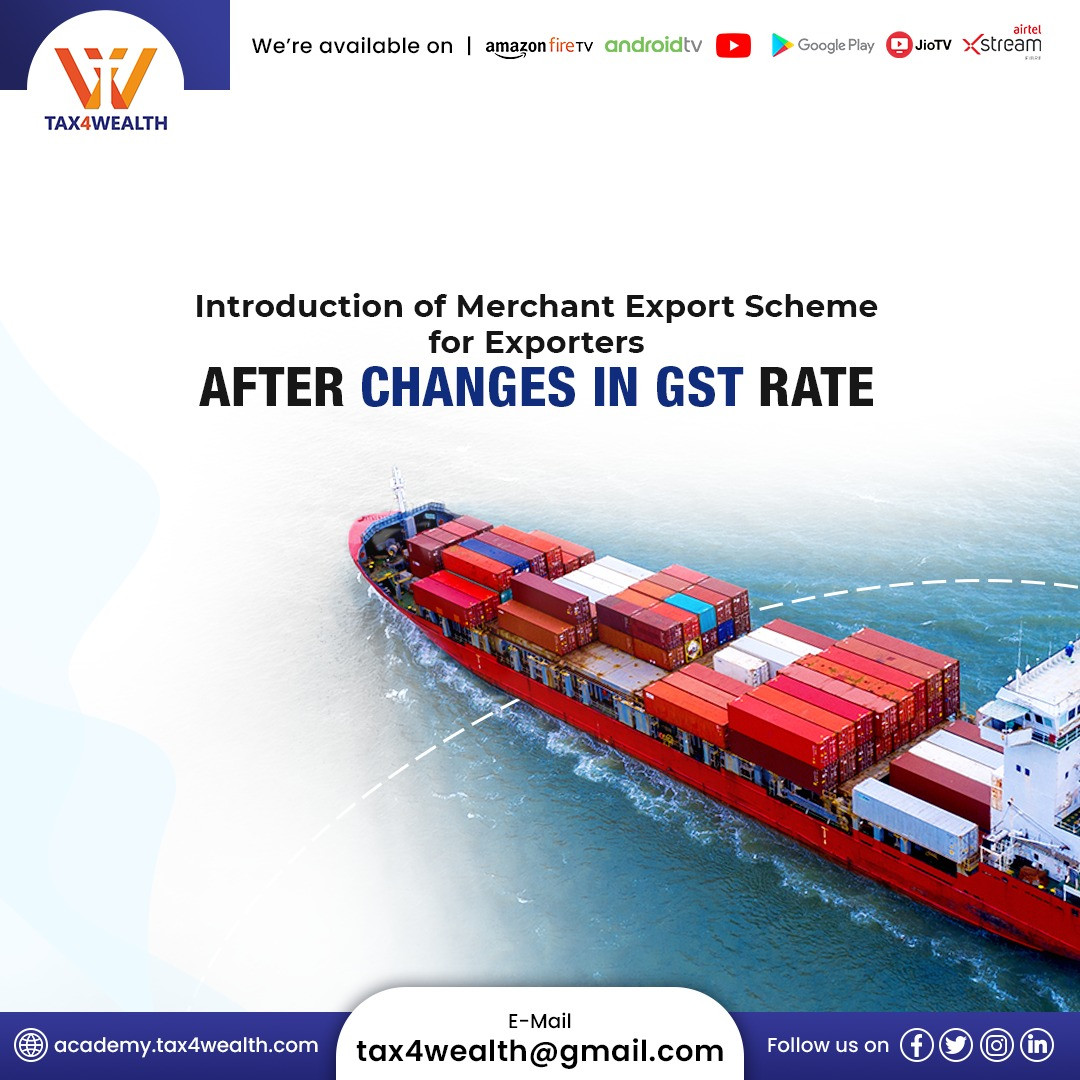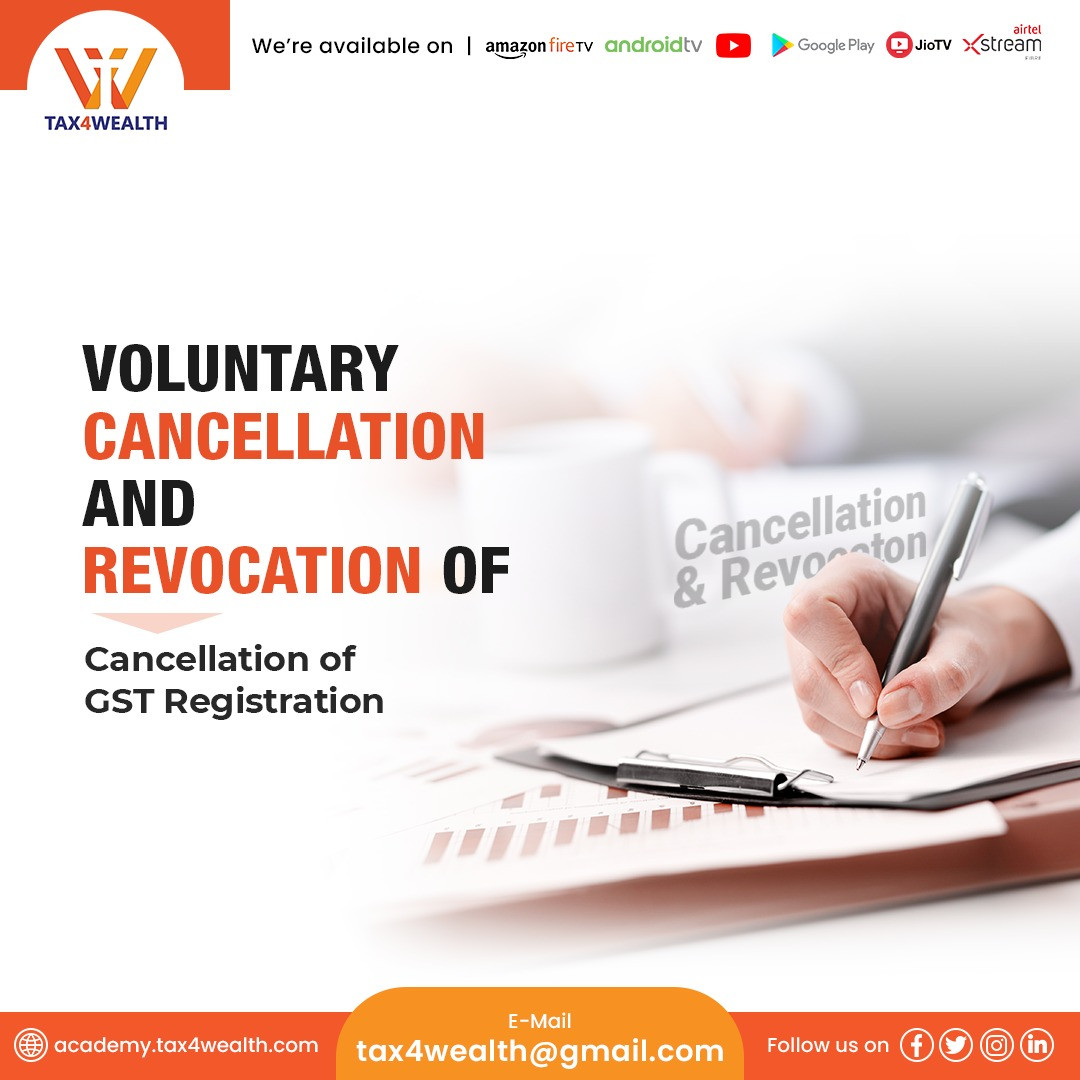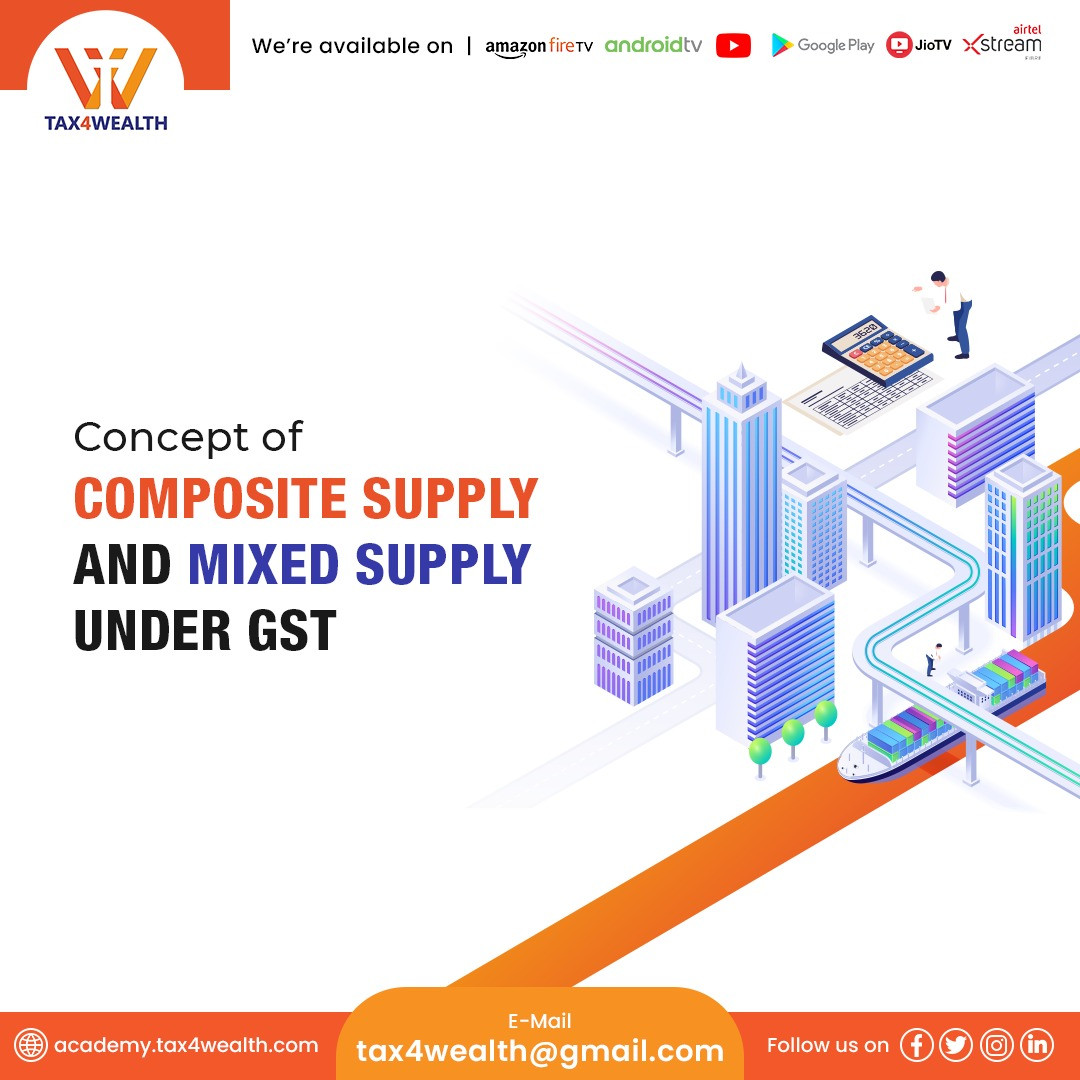
Merchants Export Scheme for Exporters After Changes in GST Rate
Following adjustments to the GST Rate, the Merchant Export Scheme was introduced for Exporters:
Foreign exchange income for the nation is generated by merchant exports. Consequently, it is just as significant as manufacturing exports. Most of these exports are items, not services. Typically, merchant exporters or merchants that engage in this type of export do not own manufacturing facilities. They purchase products from Domestic Tariff Areas (DTA) producers and resell them to buyers abroad. We will clarify the following for you in this article:
Retail Exports Subject to GST:
Since they are Indian companies that sell goods to clients abroad, Merchant Exporters are required to have a valid GSTIN. If a supplier is in India, but the products are supplied outside of India, the supply is classified as an inter-state supply under the terms of Section 2(108) of the CGST Act and Section 7(5) of the IGST Act.
The significance of the Merchant Export Scheme for exporters following the adjustments to the GST rate from July 18, 2022, and compliance requirements for both manufacturers and exporters.
1. GST on Food Grains:
Beginning on July 18, 2022, the GST rate will alter by suggestions made by the GST Council at its 47th meeting. As stated in Notice No. 6/2022-Central Tax (Rate), dated July 13, 2022, and the related notifications for SGST and IGST, about food goods like pulses, wheat, cereals, etc. (listed commodities falling under Chapters 1 to 21 of the Tariff).
According to the notification and FAQs dated 17-7-2022 and published by the Department of Revenue under File No. 190354/172/2022-TRU, the delivery of the designated commodity with the following two characteristics will be subject to GST:
- By the terms of the Legal Metrology Act, 2009 (1 of 2010) and the rules promulgated thereunder.
- It must be pre-packaged and bear the declarations.
2. Merchant Export:
A trader who exports or plans to export products is said to be engaging in merchant export. A merchant exporter is a person who engages in trading activity and exports or intends to export goods. A merchant exporter focuses mostly on exporting goods rather than services.
The manufacturer sold the goods to the merchant exporter, who then exported them outside of India.
3. GST Provisions for Exports by Merchants:
GST Notification No. 40/2017-Central Tax-Rate and Notification No. 41/2017-Integrated Tax-Rate, both issued October 23, 2017, provide notice of provisions relating to merchant export.
The following are as follows: -
a.) On a tax invoice, the manufacturer [registered supplier] is required to provide items to the merchant exporter [registered recipient].
b.) At a reduced rate of 0.1% IGST [or CGST 0.05% + SGST 0.05%], the manufacturer [registered supplier] must supply items to Merchant Exporter.
c.) The merchant exporter [registered recipient] must export the specified items within 90 days of the date the manufacturer [registered supplier] issued a tax invoice.
d.) In the shipping bill or bill of export, the merchant exporter [registered recipient] must include the manufacturer's [registered supplier] Products and Services Tax Identification Number as well as the tax invoice number issued by the manufacturer [registered supplier] for the relevant goods.
e.) The merchant exporter [registered recipient] must be registered with an organization that is approved by the Department of Commerce, such as an Export Promotion Council or a Commodity Board.
f.) The Merchant Exporter [registered recipient] must place an order with the manufacturer [registered supplier] for the purchase of products at a discounted price. A copy of this order must also be given to the manufacturer's [registered supplier's] jurisdictional tax officer.
g.) The merchant exporter [registered recipient] is required to transport the goods from the location of the manufacturer [registered supplier] in one of the following ways: directly to the port, inland container depot, airport, or land customs station from which the goods are to be exported; or directly to a registered warehouse from which the goods are to be transported to the port, inland container depot, airport, or land customs station.
h.) If the registered recipient (merchant exporter) plans to combine supplies from several registered suppliers before exporting, the registered recipient must move the goods from each registered supplier's warehouse to a registered warehouse before combining them and transporting them to the port, inland container deport, airport, or land customs station, from which they will be exported.
i.) In the event of the occurrence described in condition (H), the Merchant Exporter [registered recipient] shall endorse receipt of goods on the tax invoice and obtain warehouse operator acknowledgment of receipt of goods in the registered warehouse. The endorsed tax invoice and the warehouse operator's acknowledgment shall be provided to the manufacturer [registered supplier] as well as the jurisdictional tax officer of such supplier.
j.) When goods are exported, the merchant exporter (registered recipient) must give the manufacturer (registered supplier) and jurisdictional tax officer of that supplier a copy of the shipping bill or bill of export containing information about the registered supplier's tax invoice, Goods, and Services Tax Identification Number (GSTIN), and export report.
k.) If the Merchant Exporter [registered recipient] fails to export the specified products within 90 days of the date the tax invoice was issued, the manufacturer [registered supplier] shall not be eligible for the exemption. The manufacturer [registered supplier] will be responsible for paying the difference in GST as well as interest in such a case.
4. GST compliance and manufacturer (registered supplier) responsibility:
a.) Copy of the purchase order from the merchant exporter, which should first declare that the items are to be purchased at a discounted rate, must also be given to the manufacturer's jurisdictional tax officer.
b.) The manufacturer should request copies of the LUT [GST RFD-11], GST registration, and registration with the Export Promotion Council or a commodity board approved by the Department of Commerce from the merchant exporter.
c.) The manufacturer's supply to a trader for export is a merchant export and not zero-rated, meaning that from the manufacturer's perspective, it is just a taxable sale at a reduced price.
d.) As a result, the manufacturer cannot make this supply to the merchant exporter under the LUT/Bond. E. On a tax invoice, GST is due at the concessional rate at the time of supply.
f.) The manufacturer must provide the merchant exporter with the items at a reduced rate of 0.1% IGST [or CGST 0.05% + SGST 0.05%] on a tax invoice.
5. GST compliance and registered recipient (merchant exporter) duty:
a.) The first purchase order will be made by the merchant exporter to the manufacturer who wants to purchase the goods at a discount, and a copy of it will also be given to the manufacturer's jurisdictional tax officer. The Merchant Exporter shall deliver to the Manufacturer and the Jurisdictional Officer of the Manufacturer copies of its GST registration, LUT [GST RFD-11], and registration with the Export Promotion Council or a Commodity Board recognized by the Department of Commerce, together with the purchase order.
b.) The merchant exporter must transport the goods from the manufacturer's location either directly to the port, inland container depot, airport, or land customs station from which they are to be exported, or directly to a registered warehouse from which they will be transported to the port, inland container depot, airport, or land customs station.
c.) If a merchant exporter plans to combine supplies from various registered suppliers before exporting them, each registered supplier's goods must be moved to a registered warehouse, and once the supplies have been combined, the registered recipient must move the combined supplies to a port, inland container deports, airport, or land customs station.
d.) In the case of the scenario mentioned in condition (C), the merchant exporter must attest to receiving the goods on the tax invoice and obtain the warehouse operator's acknowledgment of receiving the goods in the registered warehouse. The manufacturer and the jurisdictional tax officer of this supplier must receive both the attested tax invoice and the warehouse operator's acknowledgment.
e.) These products must be exported from India outside of a 90-day window following the date of the manufacturer's invoice.
f.) The products are exported by a merchant exporter in a Zero-Rated Supply.
g.) Only LUT/Bond can be used by a merchant exporter to export the products. He is unable to export using the IGST payment method.
h.) It has also been made clear that the exporter is qualified to claim a tax credit for the 0.1% IGST tax (or CGST + SGST tax) that he has already paid.
i.) The merchant exporter must give the manufacturer and the jurisdictional tax officer of the registered supplier a copy of the shipping bill or bill of export that includes the registered supplier's tax invoice, Goods and Services Tax Identification Number (GSTIN), and proof that an export general manifest (EGM) or export report has been filed.
j.) A merchant exporter may request a reimbursement of the input tax credit he paid for the GST he paid after exporting goods under a LUT or Bond.
6. Conclusion:
In conclusion, merchant export is like regular export and benefits from Zero-rated supply. A supply of any products or services that is zero-rated is one for which no tax is due, but an input tax credit relating to the supply is still acceptable. As of October 23, 2017, the government modified the method of purchasing products without paying duty against the C.T-1 certificate with a procedure requiring merchant exporters to purchase items only with payment of GST @ 0.1%.
Related News
No comments yet, Be the first to comment.













